SAP MDG: Exploring the Deployments (Part - 01)
 Suggu Sandeep
Suggu SandeepTable of contents
- Course Link: Free - Link
- Record of Achievement - Link
- Value Proposition
- Critical Business Drivers for SAP MDM
- Typical Approaches to SAP MDG
- SAP MDG – Key Capabilities
- SAP MDG Versions
- SAP MDG – Process Flow
- SAP MDG Deployment - All Options
- Supported Domains
- Co-Deploy / HUB
- Classic/Cloud
- Currently, Cloud-Ready mode only supports the business partner domain.
- Cloud Edition
- SAP S/4HANA Cloud Public Edition, Master Data Governance
- Features of the SAP S/4HANA Cloud Public Edition
- SAP S/4HANA Cloud Public Edition, Master Data Governance: Functional Scope
- Integration
- Federated Master Data Governance
- Note:
- Thank You :)
This Blog is for what i understood & learned from official course from SAP.
Course Link: Free - Link
Record of Achievement - Link
Value Proposition
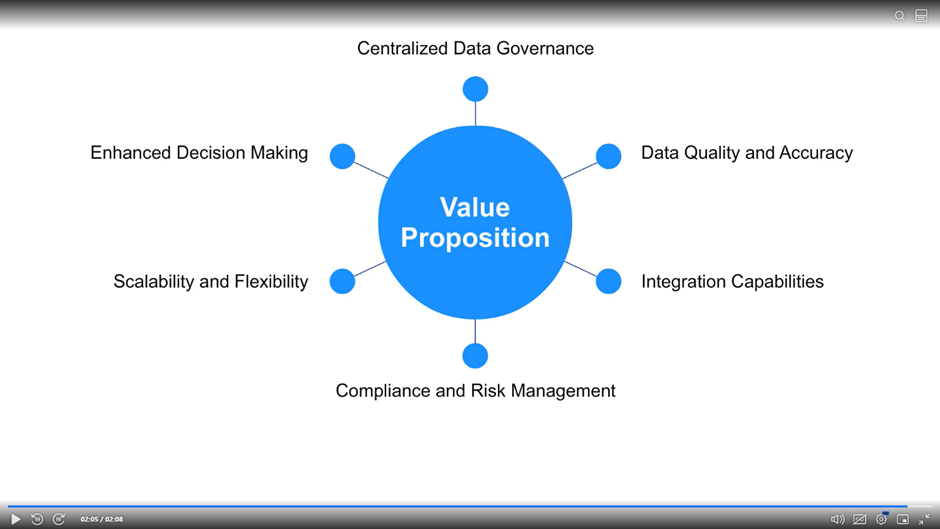
Critical Business Drivers for SAP MDM
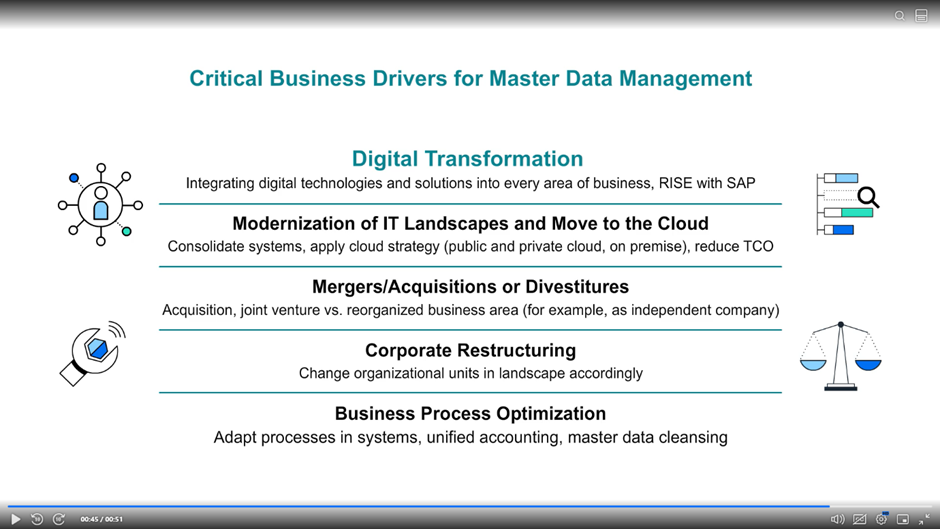
Typical Approaches to SAP MDG
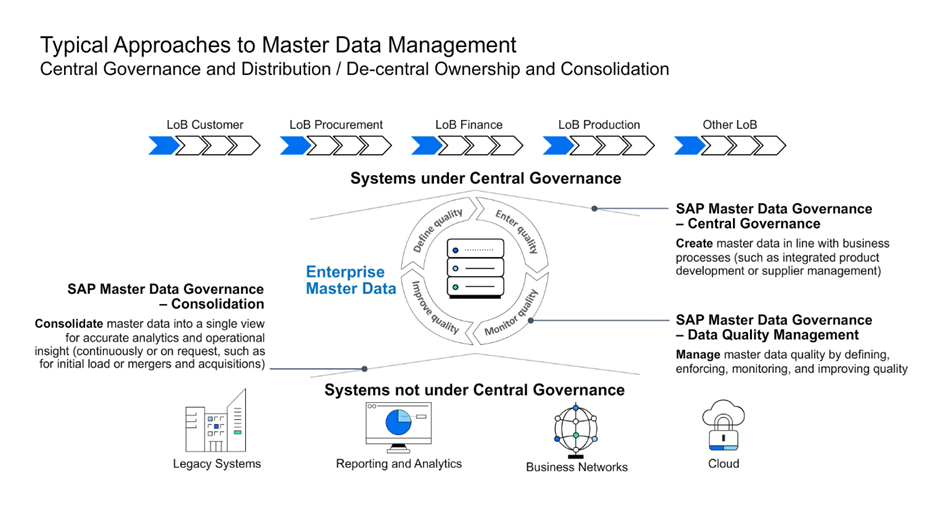
SAP MDG – Key Capabilities
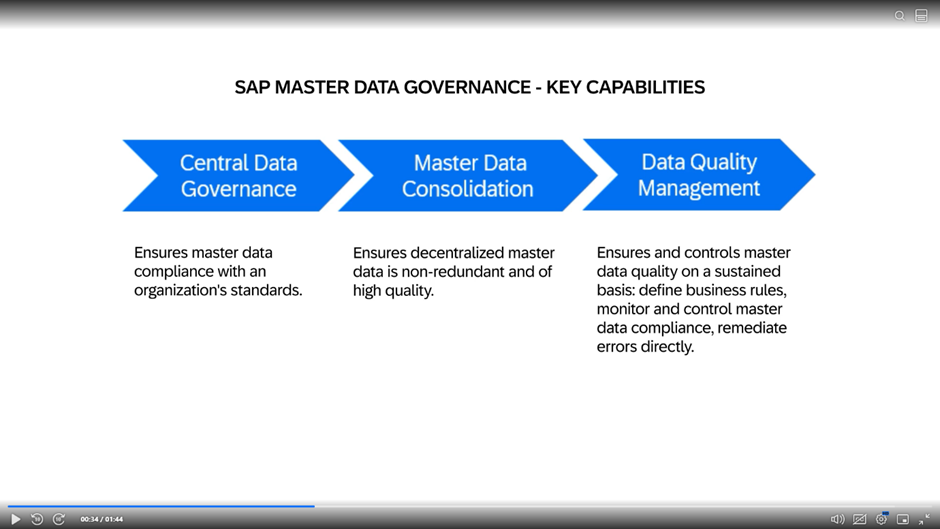
SAP MDG Versions
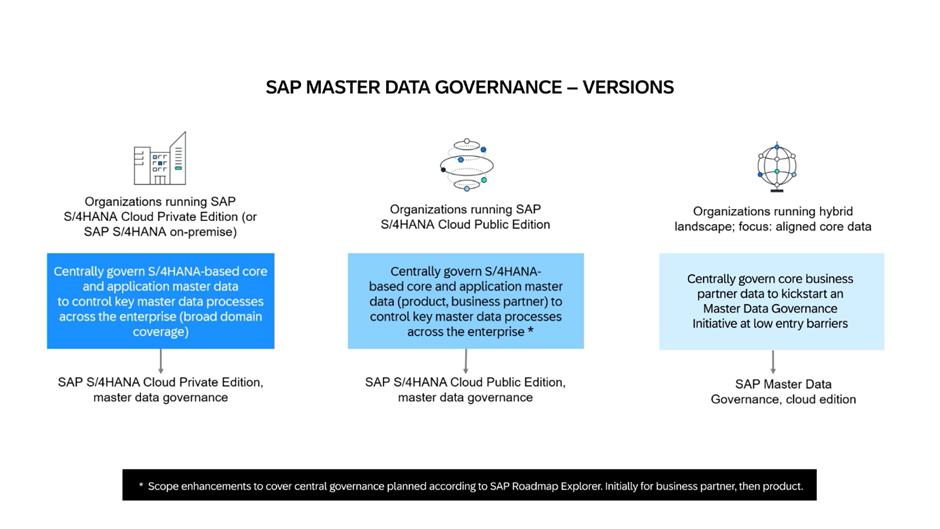
SAP MDG – Process Flow
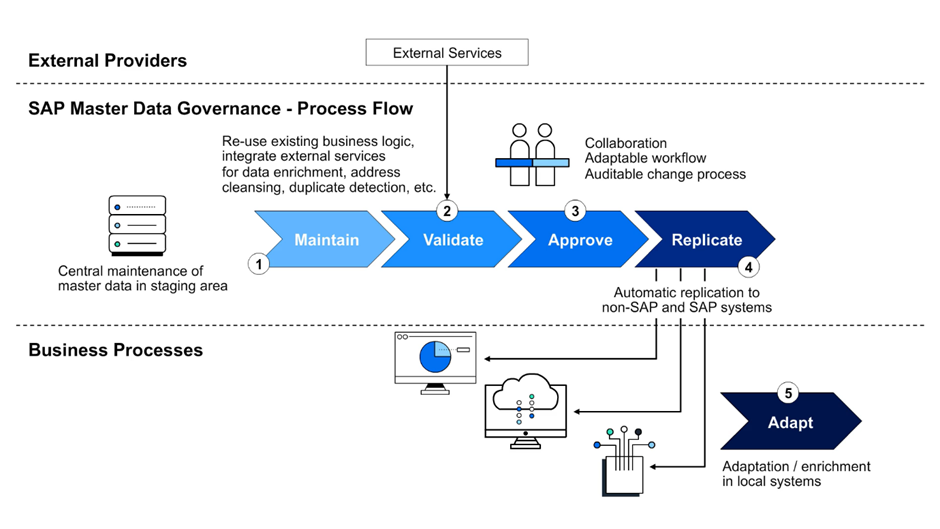
SAP MDG Deployment - All Options

Supported Domains

Co-Deploy / HUB

Classic/Cloud
Classic – Standard Functionality, Cloud – Additional Features & Settings
Additionally, you can also integrate pre-configured cloud services,
SAP Document Management service to add attachments to processes, and SAP Data Quality Management microservices for location data to validate and enrich addresses.
between the mass processing user interface in consolidation and the single-object processing user interface and adapt the user interface easily (key user adaptation).
Cloud-ready mode in SAP Master Data Governance is based on a single framework, which ensures consistent configuration of consolidation, central governance, and data quality management.
Currently, Cloud-Ready mode only supports the business partner domain.
Customers can optionally activate the cloud-ready mode in their existing SAP Master Data Governance on SAP S/4HANA systems for the Business Partner (from release 2023 onwards).
Cloud Edition
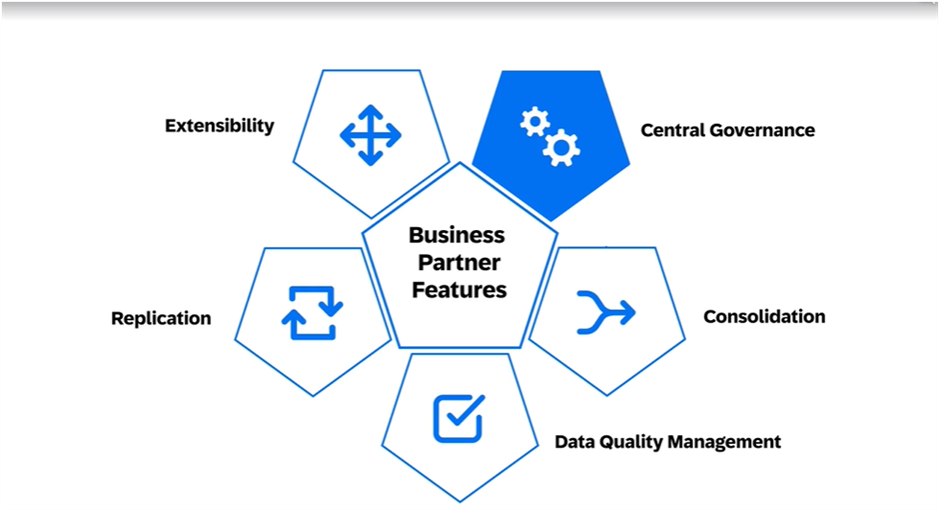
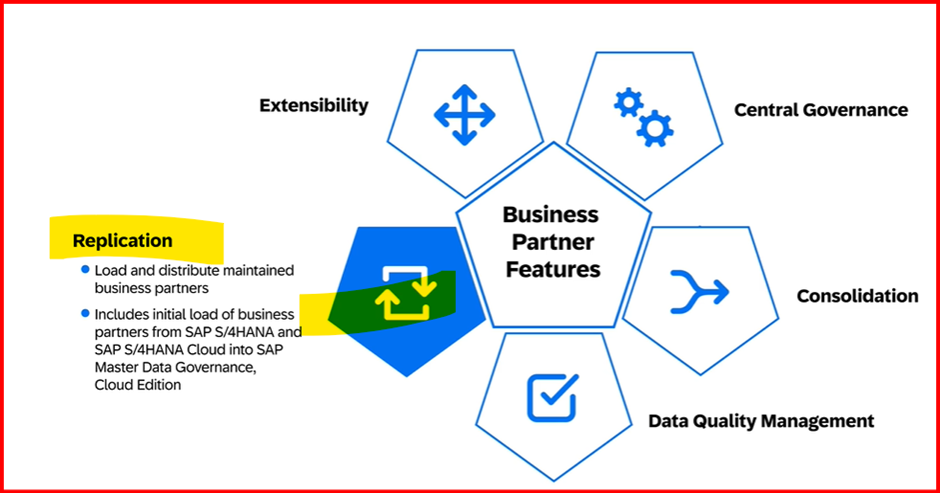
SAP Master Data Governance in the context of SAP BTP provides an overview of the capabilities that the pillar Data and Analytics portfolio compromises.
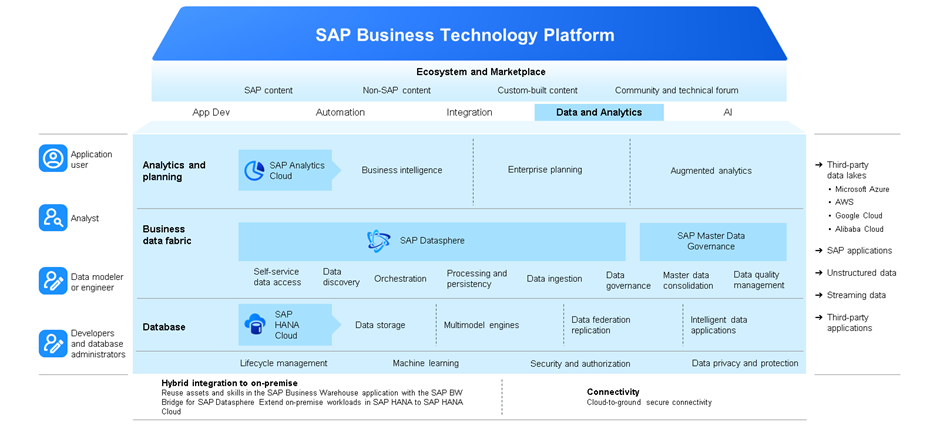
SAP Master Data Governance, cloud edition is a Software as a Service (SaaS) solution that supports you in maintaining a high level of master data quality, offering capabilities to manage the core attributes of business partners and to evaluate their quality.
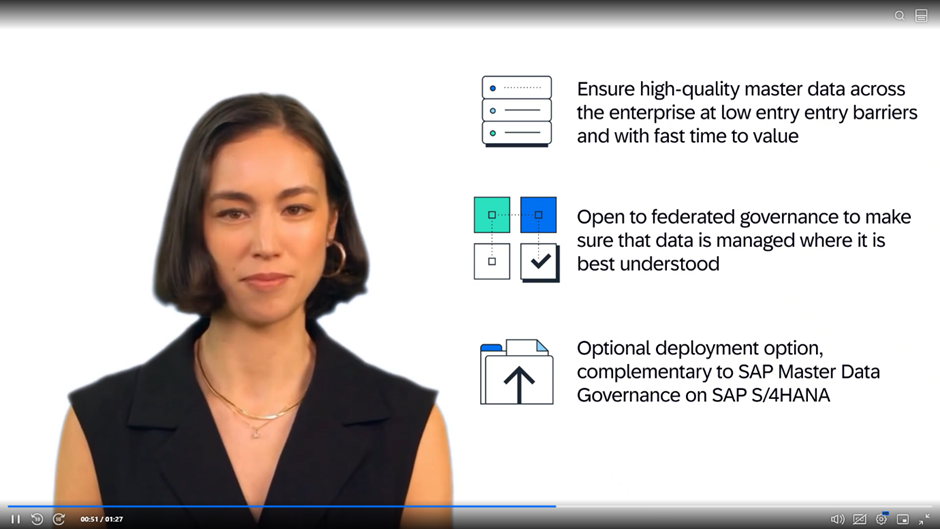
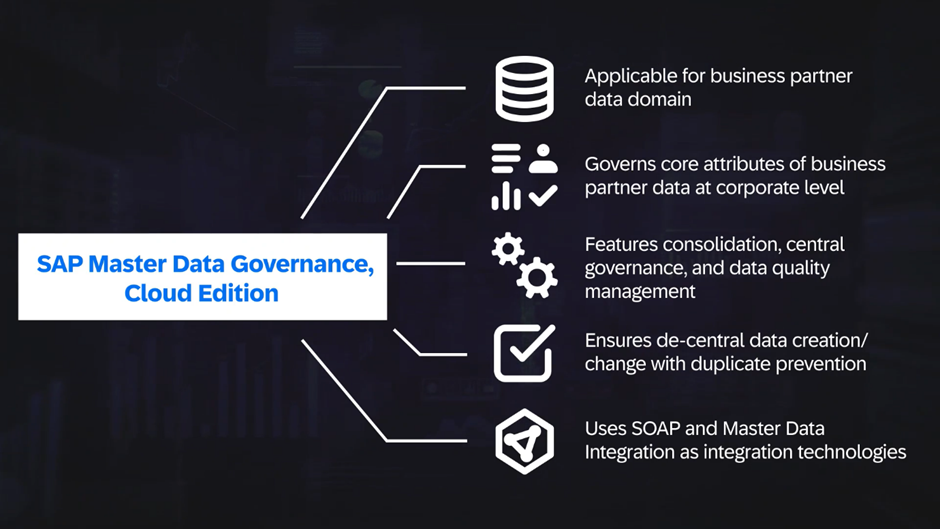
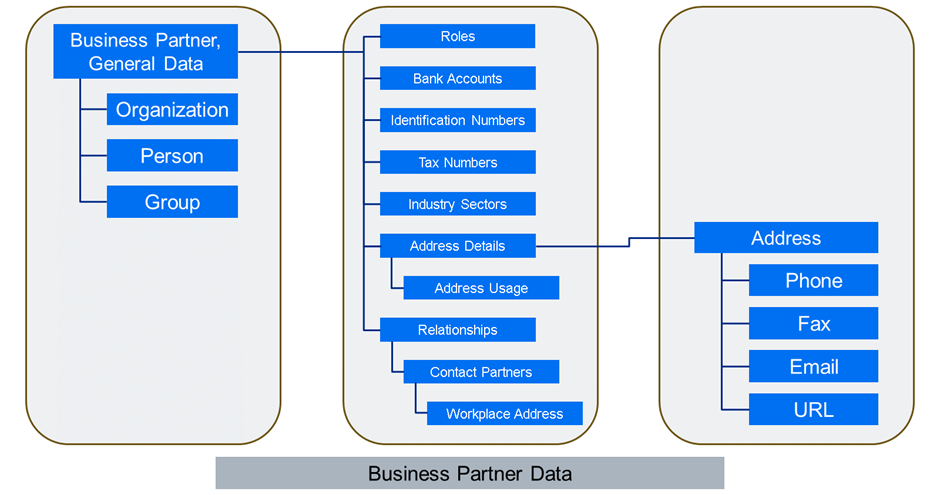
The Employee role is not supported. SAP S/4HANA Cloud Public Edition, master data governance also supports the Product Domain Model.
SAP S/4HANA Cloud Public Edition, Master Data Governance
SAP S/4HANA Cloud is a Software-as-a-Service (SaaS) product
Features of the SAP S/4HANA Cloud Public Edition
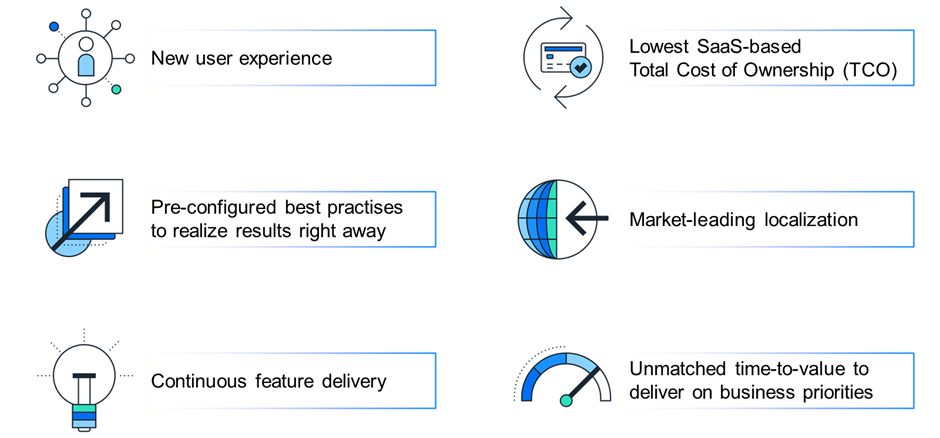
SAP S/4HANA Cloud Public Edition, Master Data Governance: Functional Scope
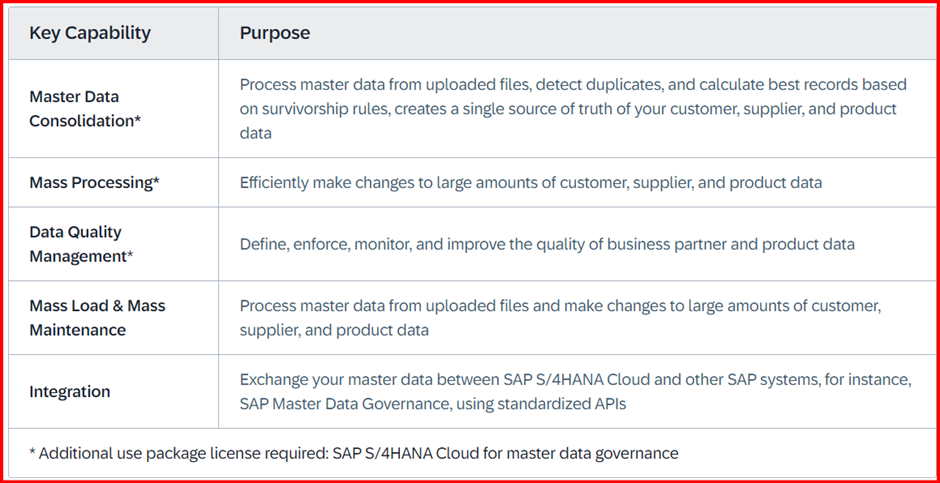
Integration
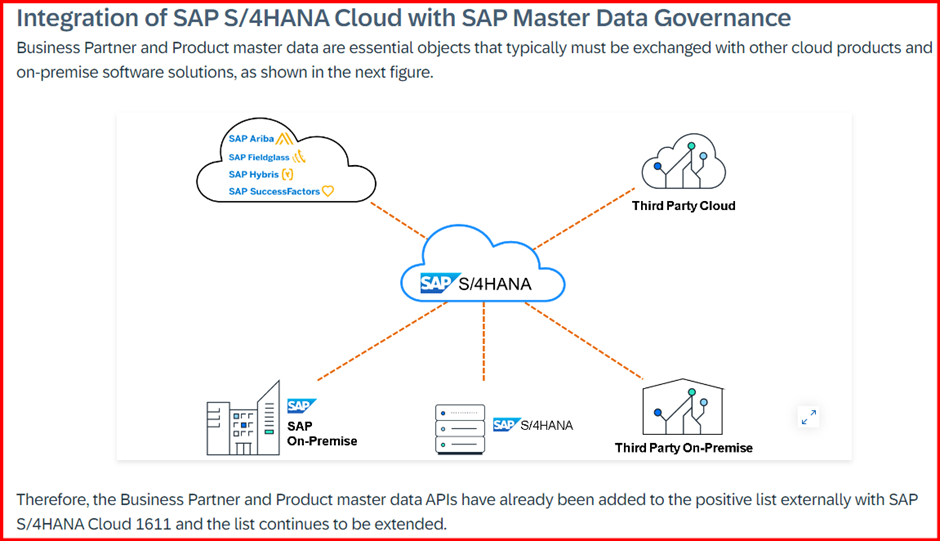
Federated Master Data Governance
A federated approach balances centralized and decentralized master data processes based on a clear data ownership model. This ensures that data is created and managed exactly where it is best understood. Accordingly, a federated governance approach comprises of a core data owner (system) that is responsible for the enterprise-wide relevant master data attributes (core data), and a decentralized application data owner (systems), each of which is responsible for individual application-specific segments of the master data (application data).
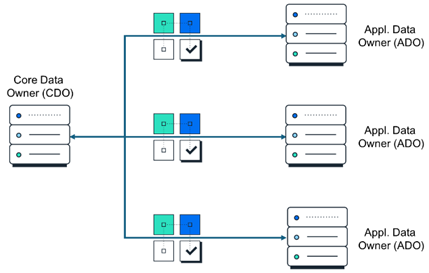
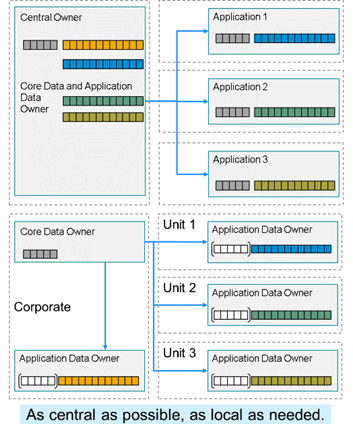
Using the Business Partner as an example,
- one MDG instance is responsible for the core data (for example, name, address, tax numbers, identification numbers), and
- several other MDG instances can have ownership of the application-specific data (for example, master data that controls sales and financial business processes).
- Customers can define the ownership according to their specific landscape.
In Federated Master Data Governance,
in addition to coordinated distribution of data in the landscape, processes are also conducted in a coordinated fashion and can be tracked across system boundaries.
Data can be maintained in all MDG instances and master data clients. This data must be replicated to a core data owner (for example, Master Data Governance on SAP S/4HANA) that evaluates which data has been maintained, and that determines the relevant data owners.
These data owners are informed about the changes, upon which they revise and verify their data and send the results back to the core data owner. Once the core data owner has received a response from all the other data owners, it replicates the data to all connected MDG instances and master data clients in the landscape.
Note:

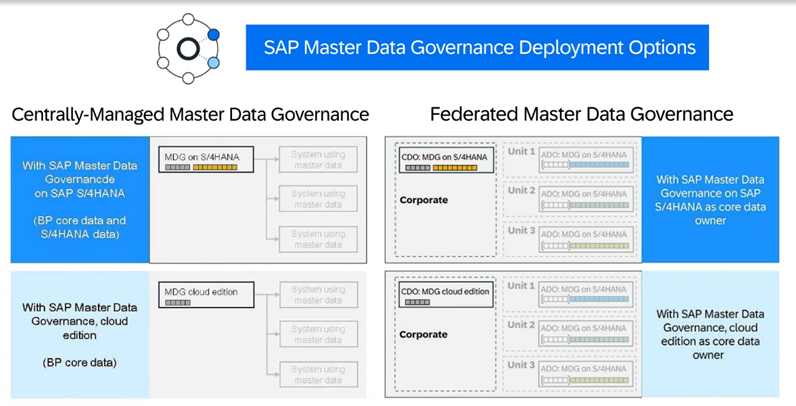
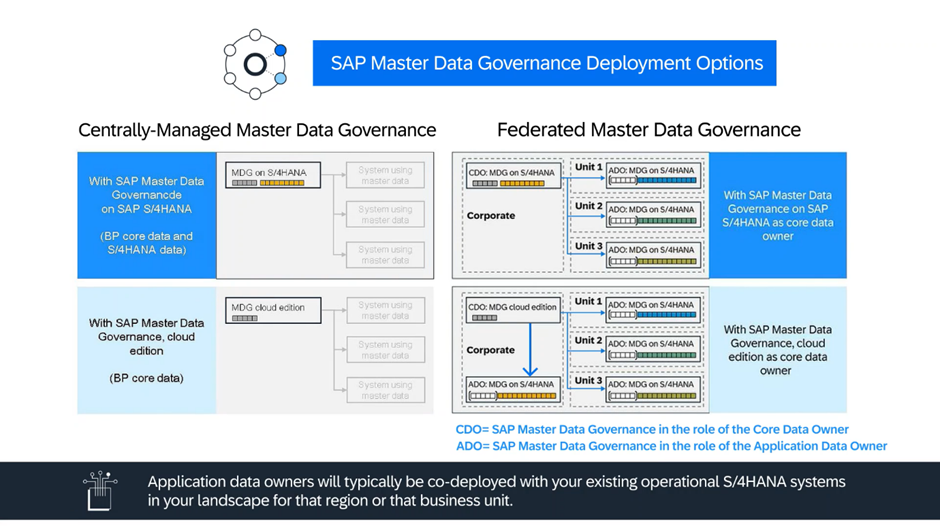
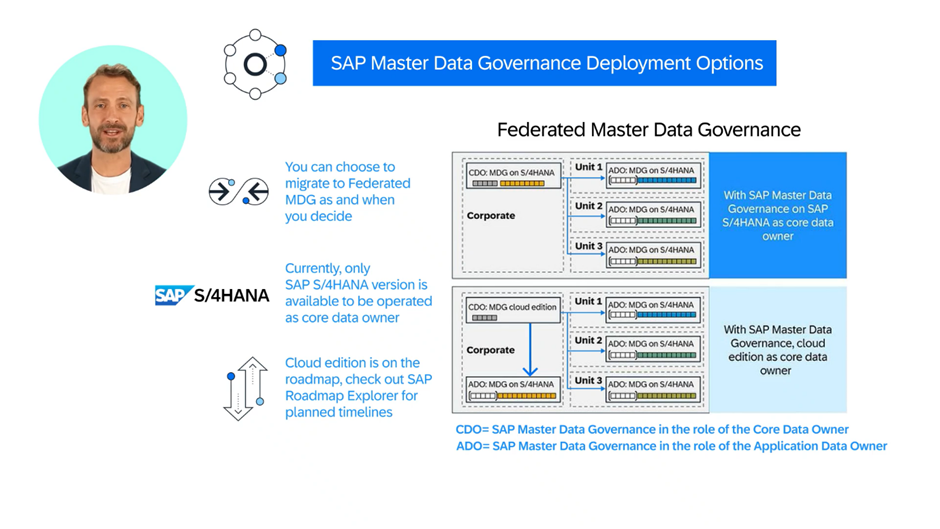
Thank You :)
Suggu Sandeep - Link
Subscribe to my newsletter
Read articles from Suggu Sandeep directly inside your inbox. Subscribe to the newsletter, and don't miss out.
Written by

Suggu Sandeep
Suggu Sandeep
Connect: Let's Discuss https://topmate.io/suggu_sandeep